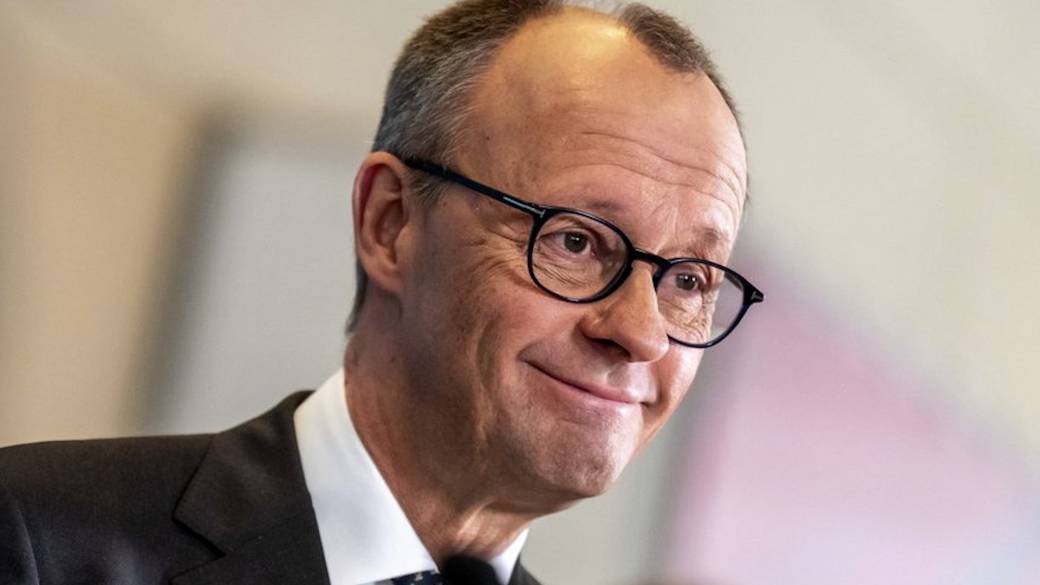In a recent meeting at the White House, the German Chancellor expressed optimism regarding the United States’ dedication to NATO. This encounter, which took place shortly after his inauguration, has sparked discussions about transatlantic relations and the future of international alliances.
The Chancellor characterized his discussions with the U.S. President as both constructive and forthright. He acknowledged that while they had differing perspectives on the situation in Ukraine, the dialogue was respectful and thorough. This openness is crucial for fostering a collaborative environment between the two nations.
“During our meeting, I articulated a viewpoint on Ukraine that diverged from the President’s stance. Rather than facing resistance, we engaged in a detailed conversation about it over lunch,” he remarked upon his return to Berlin.
Thursday’s meeting marked a significant moment, as it was the first face-to-face interaction between the two leaders. The Chancellor, who took office in May, managed to navigate the discussions without the confrontations that have characterized previous meetings between the U.S. President and other world leaders.

He noted that the American administration is receptive to dialogue and values differing opinions, which is essential for maintaining a strong partnership.

2:02 Germany’s Merz becomes chancellor on 2nd ballot after initial defeat
He emphasized the importance of direct communication, stating, “We should engage with him directly rather than discussing him from a distance.” This approach highlights the need for constructive dialogue in international relations.
Additionally, the Chancellor met with U.S. senators, urging them to recognize the extent of Russia’s military buildup. He stressed the importance of understanding the current geopolitical landscape and the implications it has for global security.
“It is vital to comprehend the scale of Russia’s rearmament and the actions they are undertaking. Ignorance of these developments could lead to significant consequences,” he advised.
Merz, fluent in English, underscored the necessity of trust between transatlantic partners. He reminded the U.S. President of the importance of allies in a world where collaboration is key.
“Regardless of our preferences, we will remain reliant on the United States for the foreseeable future. However, it is crucial to recognize that Europe, particularly Germany, can be a valuable partner,” he stated.
He further elaborated on the distinction between authoritarian regimes and democratic systems, asserting that democracies thrive on partnerships rather than subordination. This philosophy is essential for fostering a cooperative international environment.
Reiterating his confidence in the U.S. commitment to NATO, the Chancellor noted that as Germany and other nations increase their defense expenditures, the alliance’s strength will be reinforced. This commitment is vital, especially in light of past concerns regarding the U.S. willingness to uphold its obligations to NATO.
“I have complete faith that the U.S. government is dedicated to NATO, particularly now that we are all committing to enhance our defense capabilities. This expectation is not unfounded,” he concluded.
“For years, we have relied on American security assurances, and we are now taking steps to change that dynamic.”
